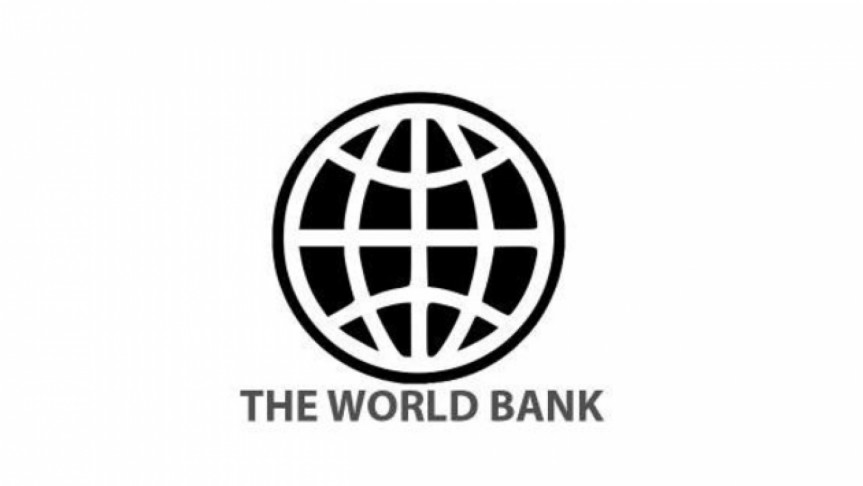WB-aided project helps reduce travel time, transport cost on roads

Dhaka: The maintenance work on some 2,533 kms of roads has so far been completed under a World Bank-supported project with an overall 63 percent physical progress which reduced the average travel time and transportation cost by more than 50 percent, according to the latest assessment.
As per the latest study on the WB-aided project in Bangladesh titled ‘2nd Bangladesh Rural Transport Improvement Project (RTIP II)’, around 309 kms of roads were repaired under the performance-based maintenance contract with 72 percent physical progress.
Some 22 million people living near roads and waterways are being benefited under the project.
The RTIP II provides rural communities with improved access to social services and economic opportunity and builds the capacity of government institutions to better manage rural transport infrastructure.
The new phase builds on the success of the preceding RTIP I project covering 26 districts that comprised upazila and union roads' improvement, periodic maintenance of upazila roads, construction of bridges/culverts on rural roads, and improvement/construction of rural markets and rural jetties.
The latest data showed the project interventions created approximately 50,000 person-years of employment in the project areas, out of which 30 percent were for poor women. The improved roads have made it easier for children to go to schools, for expectant mothers to reach hospitals in an emergency and for both local farmers and consumers to reach markets.
The study results showed the average travel time and transportation cost has been reduced by more than 50 percent. RTIP II has expanded the coverage to improve road connectivity in the countryside.
The project aims to maintain and improve approximately 5,250 kms of union and upazila roads in 26 districts for better rural connectivity. It will improve 820 kms of rural roads through upgrading from earthen to paved ones, including construction of cross-drainage structures, maintain 4,000 kms of rural roads following regular maintenance strategies, and maintain 428 kms rural roads for five years following the Performance-based Maintenance Contract (PBMC) approach.
The project will enhance transport safety in all the 26 districts, including road safety audit, community-level awareness, improved accident data collection (pilot) and strengthening road safety capacity of the Local Government Engineering Department.
The project is piloting 44 km rural waterways restoration through low impact dredging using local technology. In addition, landing stations/jetties are being constructed at 10 locations.
The project is also improving and developing 33 growth centre markets, which are rural population's centres of economic activity. In each of these markets, a number of shops are reserved for women traders in Women's Marketing Sections (WMS).
The success of the rural waterway restoration component may pave the way for further investment in the field. This in turn will enhance rural connectivity further. The project is also developing a comprehensive rural road transport safety framework to tackle safety issues linked to rural roads.
RTIP II is also envisaging working on the improvement of rural road bridges' maintenance management. The project also plans to sustainably enhance the Local Government Engineering Department's capacities in planning, monitoring, financing, asset management, administration and governance.
According to the World Bank, only 37 percent of the population lived within 2 km of an all-season road in 2000. About 13,000 kms of upazila roads, out of total 36,500 kms, were of all-weather standard and most of the rural union roads remained unpaved.

 UNB
UNB




